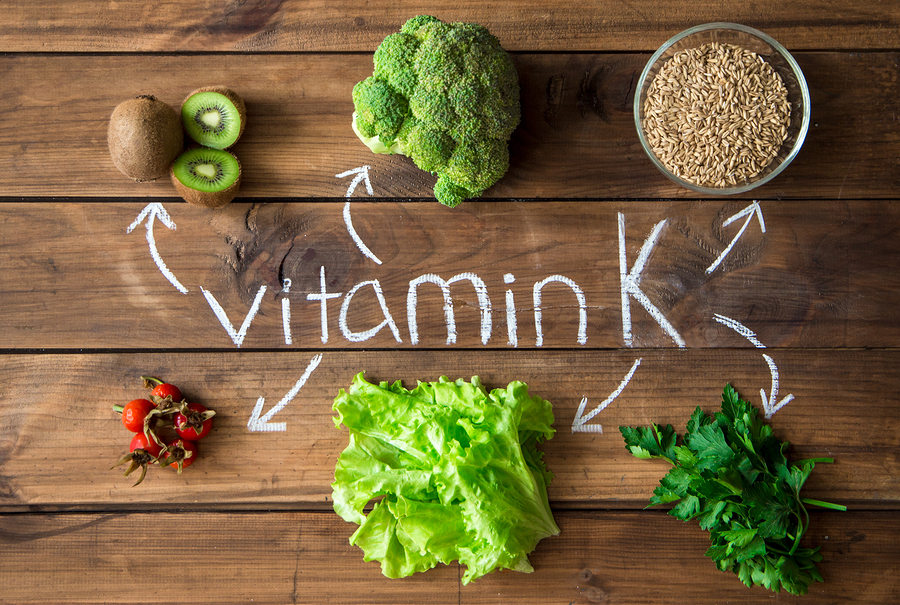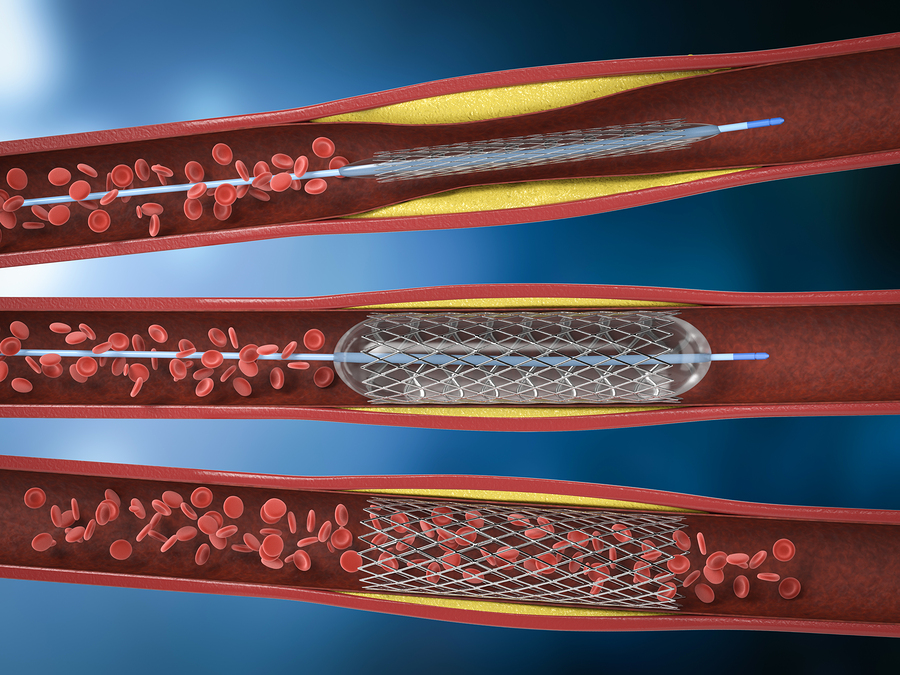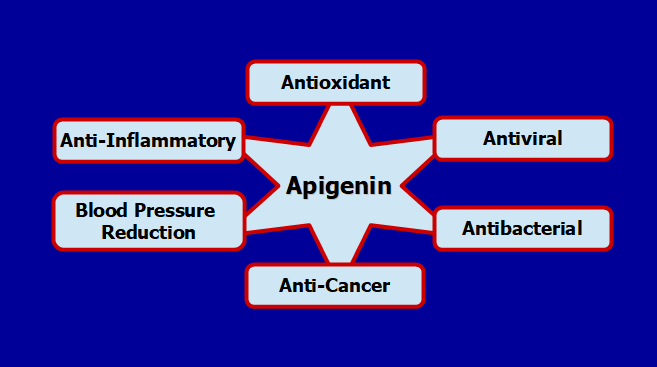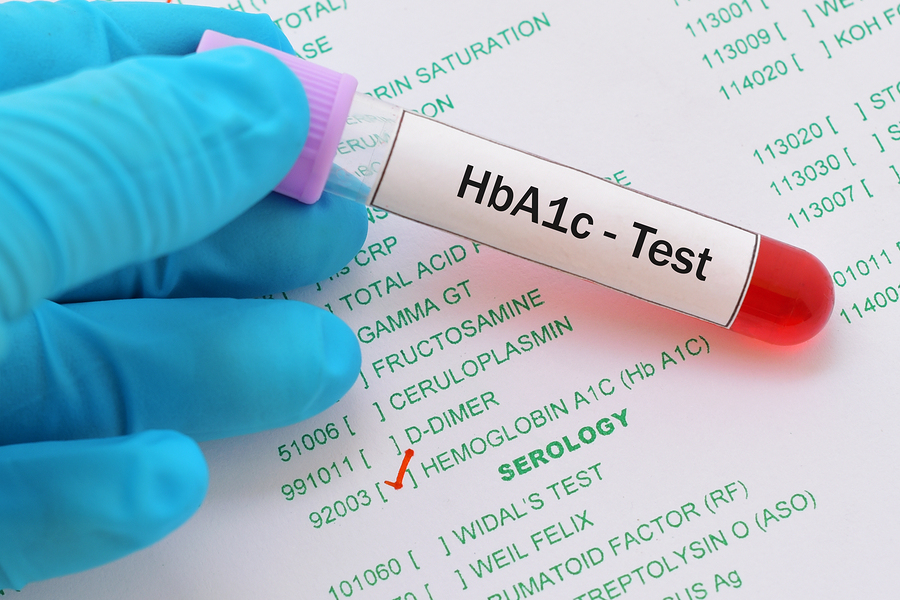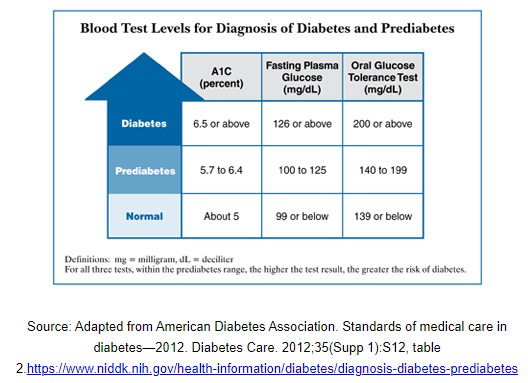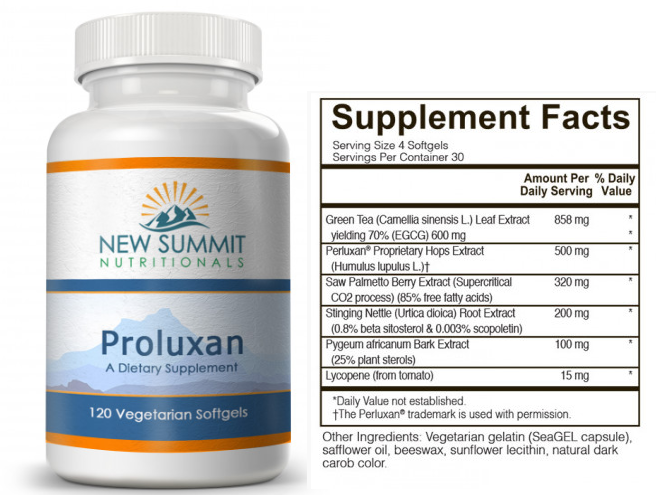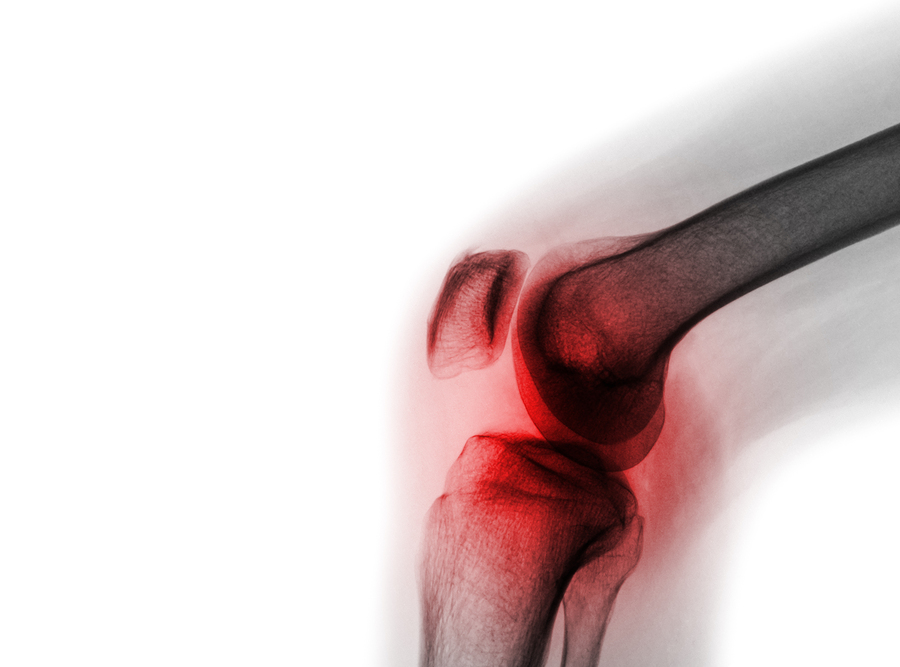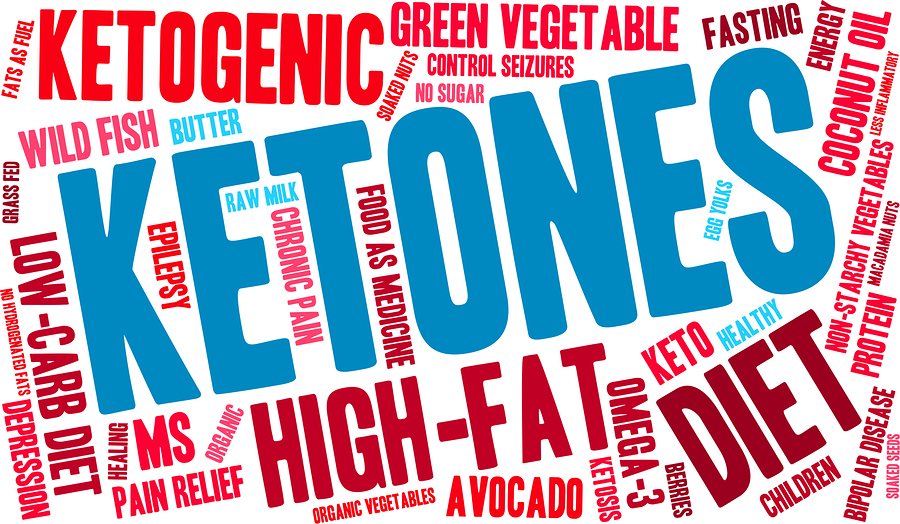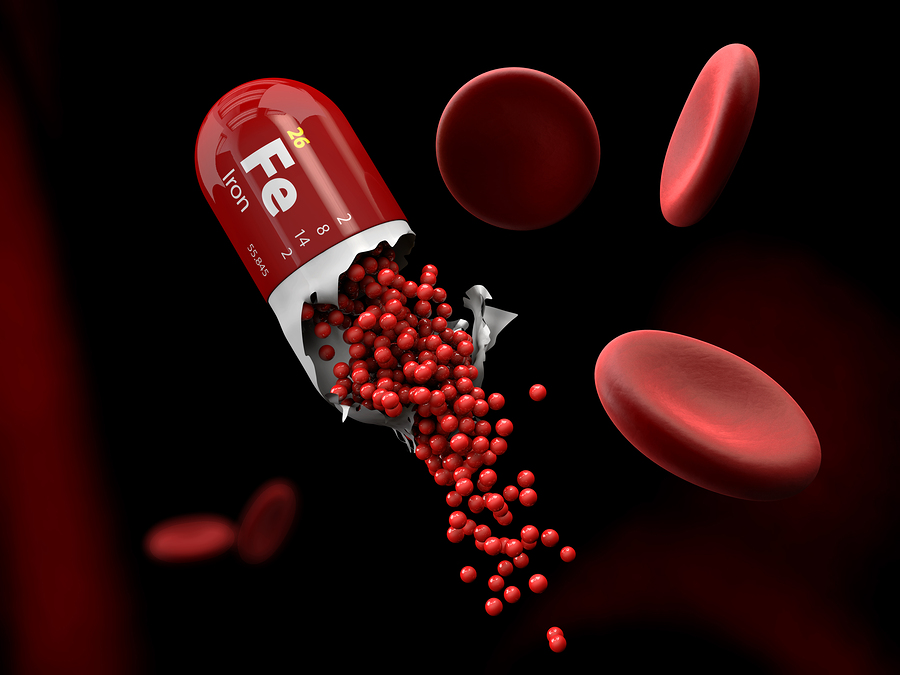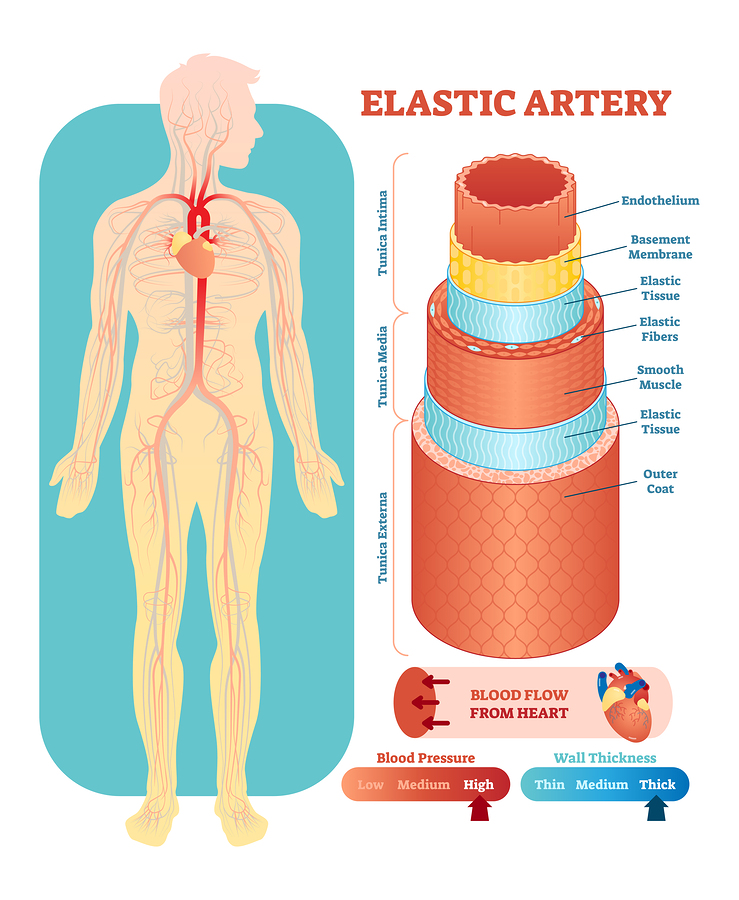While I’m not a coffee drinker, approximately 64 percent of American adults are. So it’s time to quantify the health benefits of coffee.
As the percentage above indicates a lot of Americans start their day with a steaming cup of coffee. They are usually looking for caffeine to wake them up. Now it is nice to know there are additional health benefits to this morning ritual.
According to the Center for Science in the Public Interest a typical cup of home-brewed coffee has about 95 mg of caffeine. For those that want more, a 20 ounce specialty coffee from a franchise can have as much as 475 mg of caffeine.
But coffee is more than just caffeine. It also contains powerful polyphenols and other natural ingredients that can significantly impact your health in a positive way.
7 Health Benefits of Coffee
In researching this article I came across more than 7 health benefits of coffee. But I believe these are the 7 most important ones. Read More →

